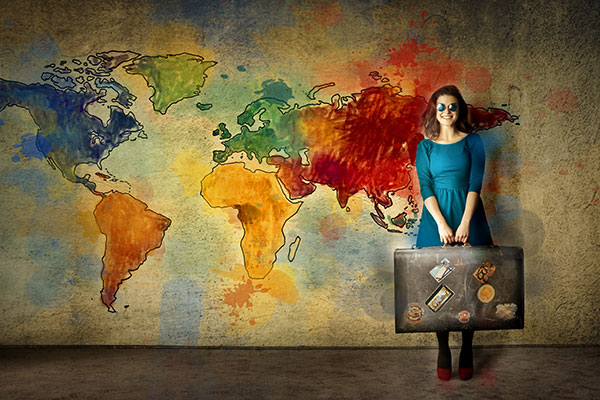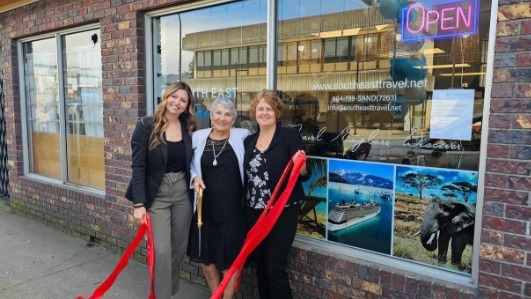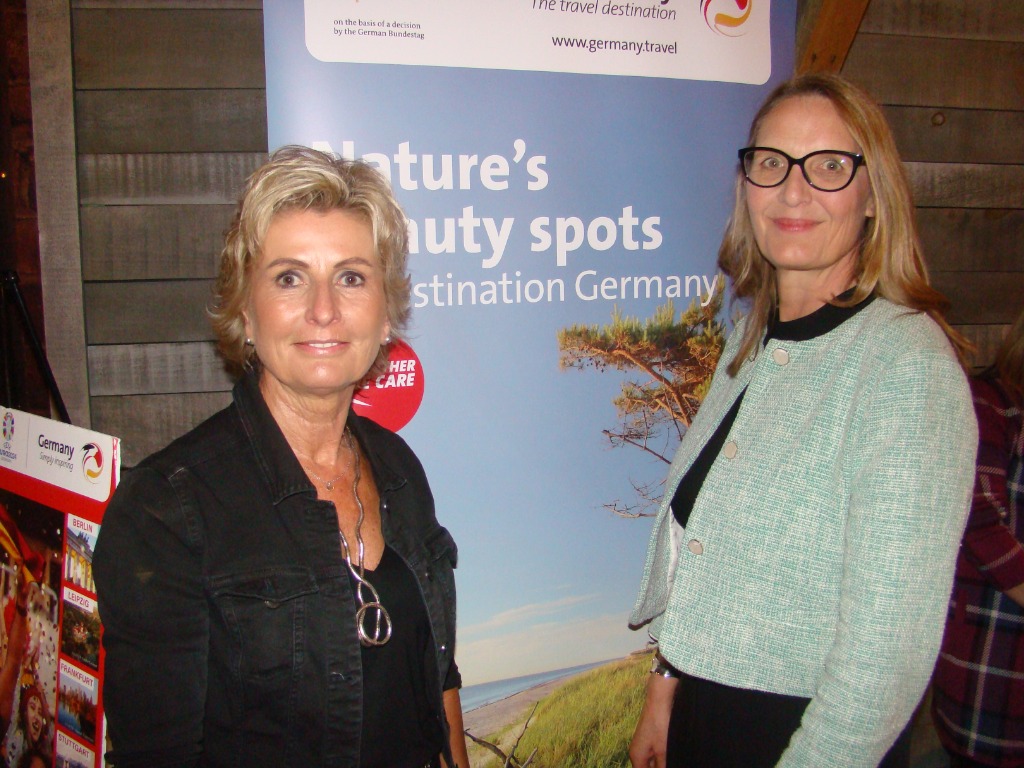Safety An Issue For Women Travelling For Work

According to a new global survey of business travellers, over seven in 10 women (71%) say they’re less safe when travelling for work than men.
The Opinium survey of 2,000 business travellers in Australia, Canada, the United States and the United Kingdom — commissioned by World Travel Protection (WTP), a leading global travel risk management organization – found that women travellers are more likely to take measures to protect their safety during business travel than men.
Almost one in three women (31%) say they do not travel or go out on their own at night, compared to 18% of men, and almost half (46%) always stay in close touch with family and friends so their whereabouts are known, compared to 36% of men. To avoid unwanted attention, nearly one in five women (19%) wear a wedding ring (real or fake) as a form of protection.
Unfortunately, unwanted attention can turn violent, and the dangers of travelling for women go beyond feelings of safety. Over one in 10 women business travellers (12%) reported having experienced a negative incident, ranging from minor theft to assault, when travelling.
Nearly one in five women business travellers (19%) feel it’s the responsibility of their organization to act with women’s safety in mind when they are travelling alone and should take specific steps like ensuring flights do not arrive late at night. More than one in five women (21%) prefer to stay in hotels that make provisions for solo women travellers.
Safety measures like this are top of mind for travel risk management organizations.
Kate Fitzpatrick, Regional Security Director, EMEA, at World Travel Protection, observed: “We often undertake specific risk assessments for women business travelers to make sure their safety and security is the highest priority,” “At WTP, we educate and train businesses to mitigate exposure to inherent risks associated with traveling abroad.”
In addition to personal safety, global women’s equality issues are of greater concern to women business travellers than men, with more than one in three women (36%) saying they do not like travelling to countries where women’s rights aren’t protected, compared to only 15% of men.
Said Fitzpatrick: “This International Women’s Day, it’s important to note that, compared to men, women often have different safety considerations to think about when travelling for work.”
And Fitzpatrick pointed out that: “The risk will generally increase in countries with less equality. It’s essential, therefore, that women have a full understanding of the cultural norms in their destinations from what to wear to how they act – for example, avoiding alcohol in public.”
Due to the stigma around women’s health, one in 10 women business travellers (10%) have been unwell with what would be considered a women’s health issue while travelling but felt unable to get help because of the stigma.
As a security director, Kate Fitzpatrick has also dealt with sexism in cultural norms while performing her job.
Fitzpatrick explained: “Women business travellers may face gender bias in some cultures where it’s not the norm to have women in senior roles. I’ve personally experienced sexism and pushback because of my gender. People are surprised to meet a woman Director of Security, and whether it is a police chief in South America or a site risk inspection in West Africa, I regularly have to detail my past work in security and government law enforcement to give me credibility, something my men colleagues never have to do.”
NB: Opinium online survey conducted with 2,001 people (from Jan. 23 to Feb. 2, 2023) in the UK, the U.S., Canada, and Australia who travel for business at least once a year
Go to www.worldtravelprotection.com for more.


